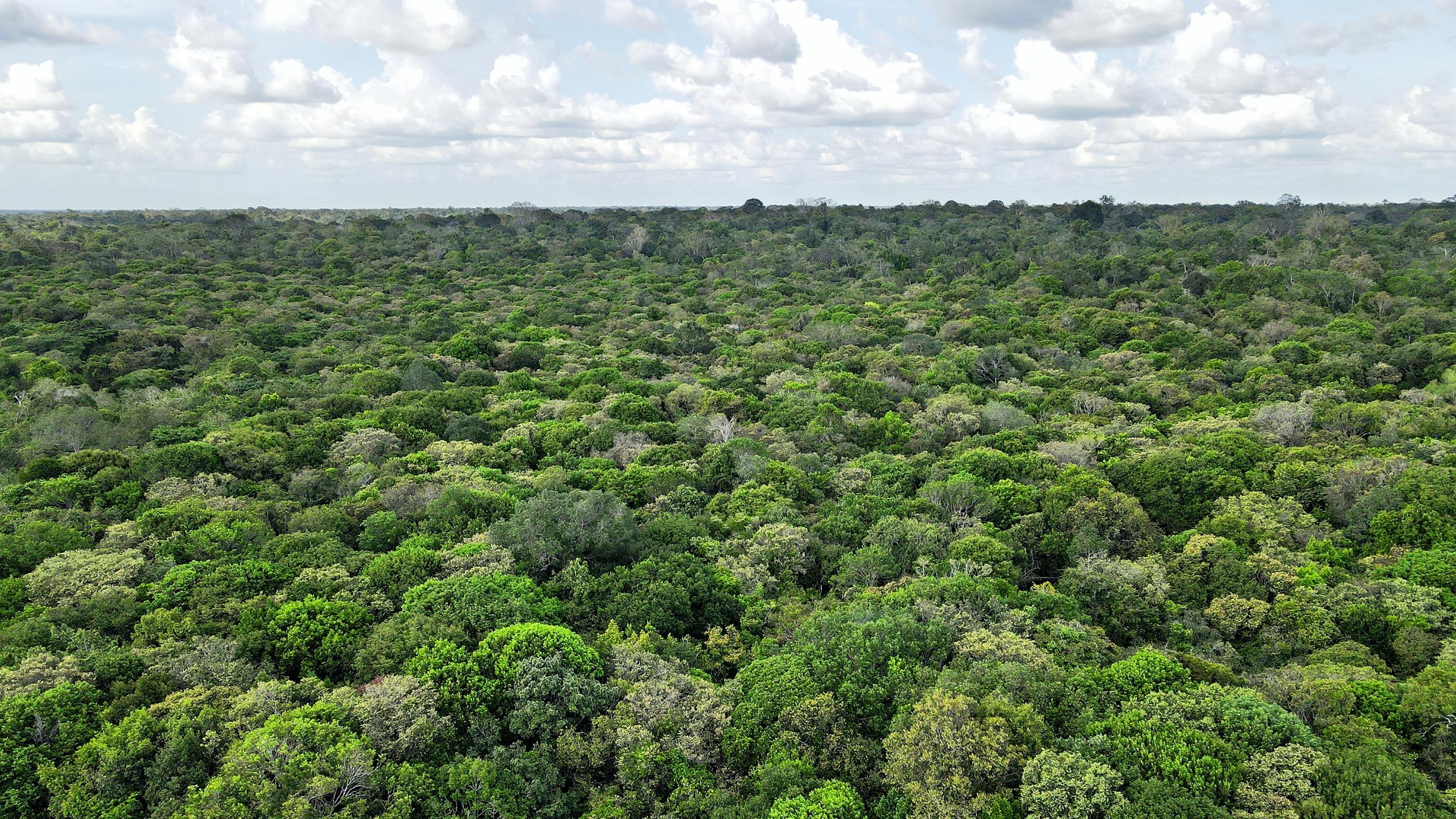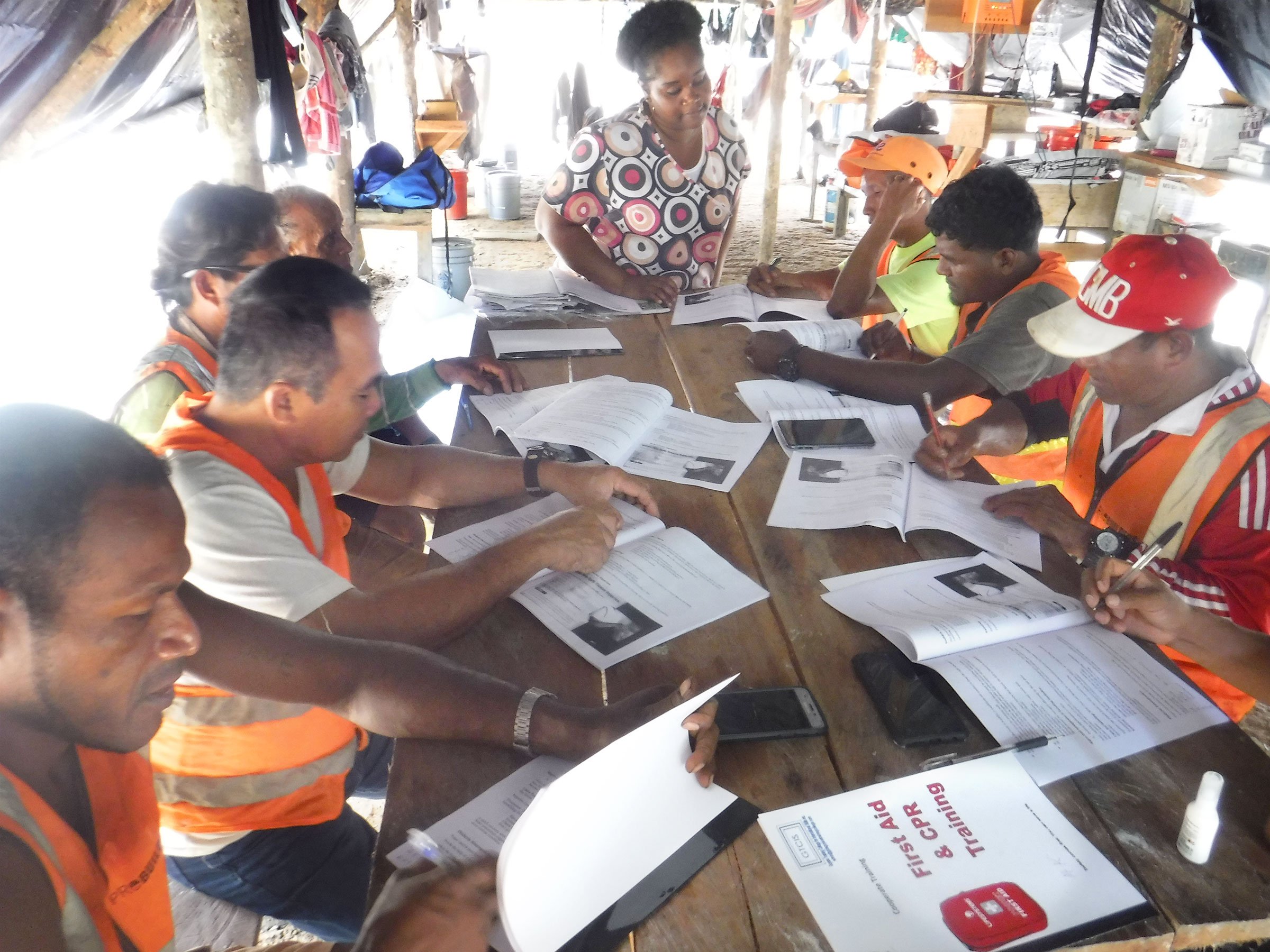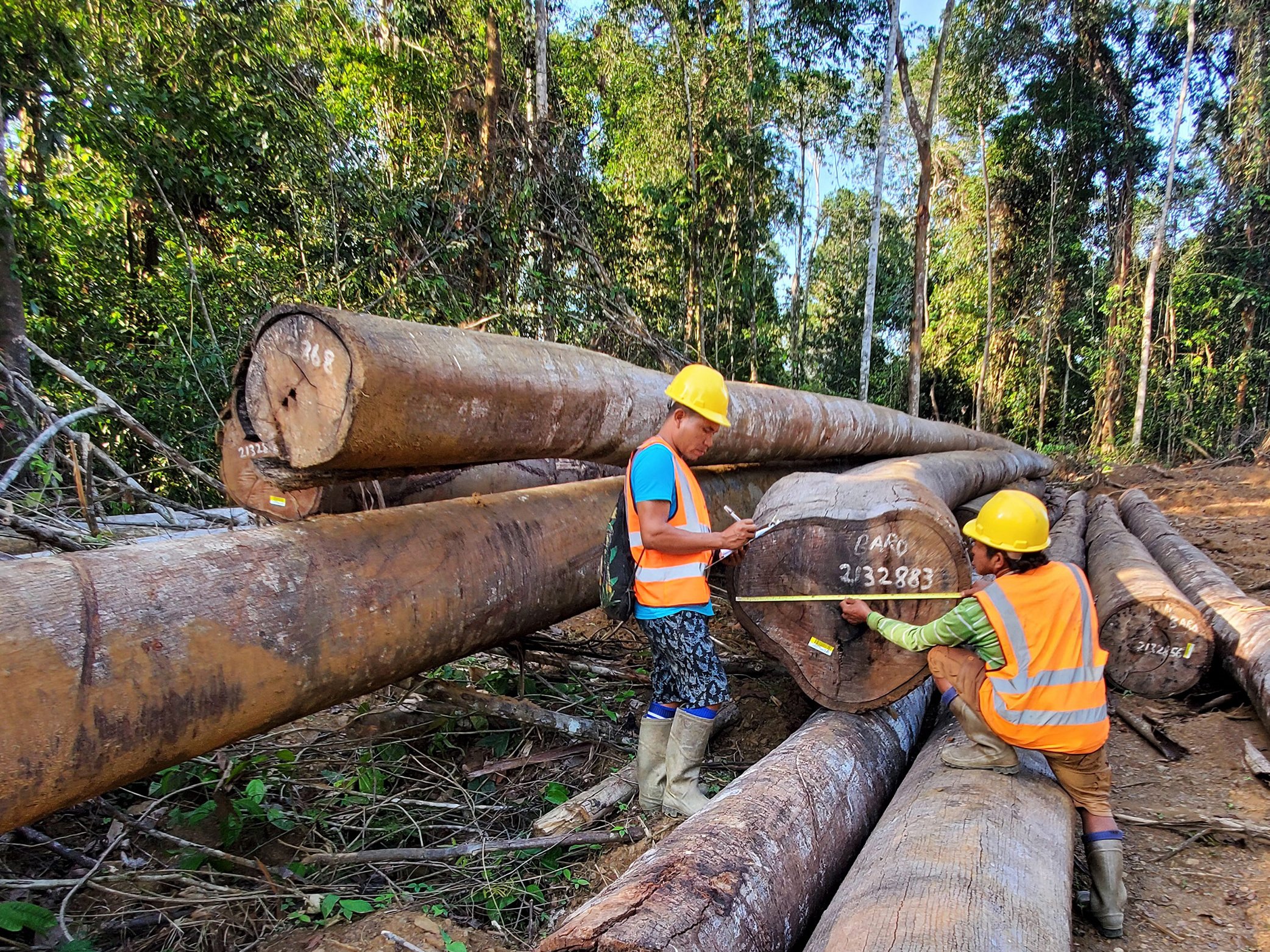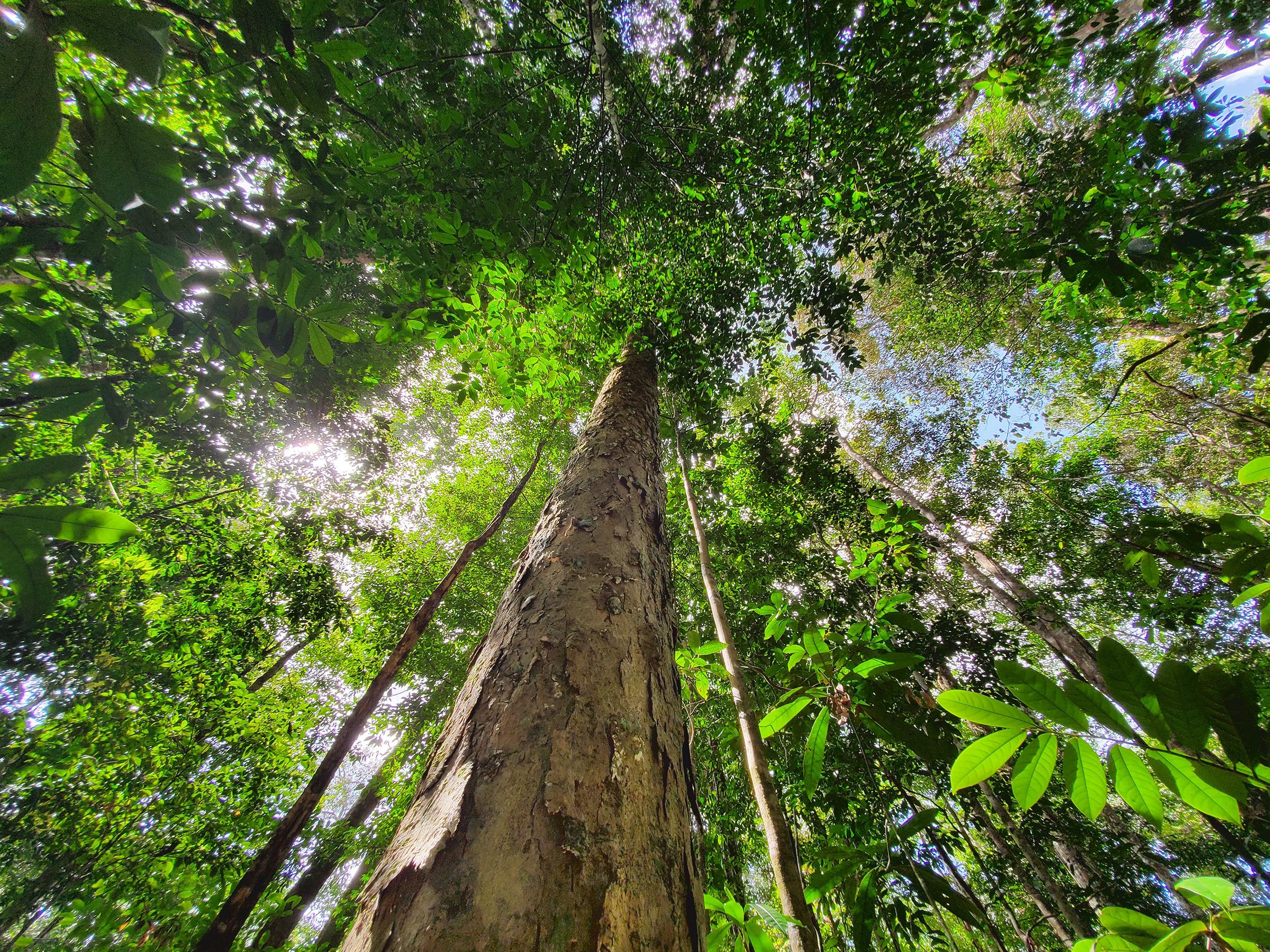Sustainable Development Goals
STS - we train workers in Reduced Impact Logging, First Aid, Sustainable Forest Management practices, Health and Safety, ILO labour conventions, identify sites of special cultural, ecological, economic, religious or spiritual significance to Indigenous peoples, identification and responsible management of High Conservation Value Forest
4.4 By 2030, substantially increase the number of youth and adults who have relevant skills, including technical and vocational skills, for employment, decent jobs and entrepreneurship
5.5 Ensure women’s full and effective participation and equal opportunities for leadership at all levels of decisionmaking in political, economic and public life
STS - as part of our FSC™ accreditation we promote gender equality in employment, training and engagement. Our concessionaires practises in hiring women are assessed and during stakeholder visits we ensure we interview their female employees to guarantee all standards are met.
6.6 By 2020, protect and restore water-related ecosystems, including mountains, forests, wetlands, rivers, aquifers and lakes
STS - we regularly take samples from creeks within the concessions we are working in to test for pH, chemical oxygen demand (OCD), total suspended salts (TSS), total dissolved solids (TDS), turbidity and conductivity to ensure the water quality (and surrounding ecosystem) is not being affected.
8.4 Improve progressively, through 2030, global resource efficiency in consumption and production and endeavour to decouple economic growth from environmental degradation, in accordance with the 10-year framework of programmes on sustainable consumption & production, with developed countries taking the lead
STS - we promote species diversification by bringing Lesser Known Timber Species (LKTS) to the market. We encourage timber users to seek a diverse selection of timber species to ease the pressure on well-known species currently being overexploited, to ensure economic, social and environmental longevity of the forest.
9.4 By 2030, upgrade infrastructure and retrofit industries to make them sustainable, with increased resource-use efficiency and greater adoption of clean and environmentally sound technologies and industrial processes, with all countries taking action in accordance with their respective capabilities
STS - we are committed to adopting sustainable, clean technologies and processes, promoting solar power in the forest operations replacing diesel powered generators.
10.2 By 2030, empower and promote the social, economic and political inclusion of all, irrespective of age, sex, disability, race, ethnicity, origin, religion or economic or other status.
STS - Our model improves access to an international timber market for small concession holders in Guyana. The STS Group is collectively certified by FSC™ and the associated costs are covered by STS. The result is Small and Community producers - who would otherwise be unable to justify the costs - gain access to the premium markets that require that their suppliers hold an FSC™ certification.
13.2 Integrate climate change measures into national policies, strategies and planning
STS - The motivation to preserve Guyana’s forest is partially maintained by the financial return that the standing forest can realise in the form of Carbon Credits. This potentially substantial revenue ensures that Government policies recognise the forest as an important national asset.
15.2 By 2020, promote the implementation of sustainable management of all types of forests, halt deforestation, restore degraded forests and substantially increase afforestation and reforestation globally
STS - Guyana has one of the best-managed forests in the world due to its long-standing commitment to sustainable forestry practices. Harvest operations follow a system called Reduced Impact Logging (RIL) - a set of techniques and practices that minimize the environmental impact of forestry operations while ensuring the sustainable management of forests through natural regeneration.


















